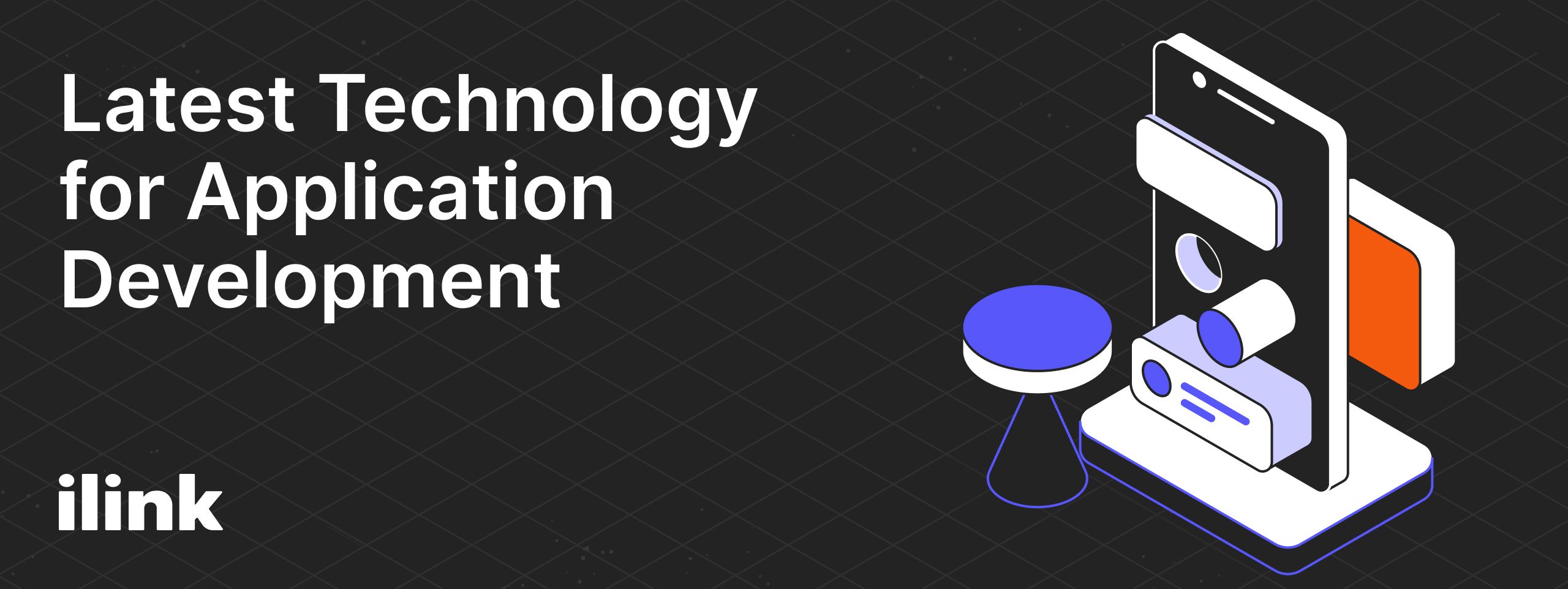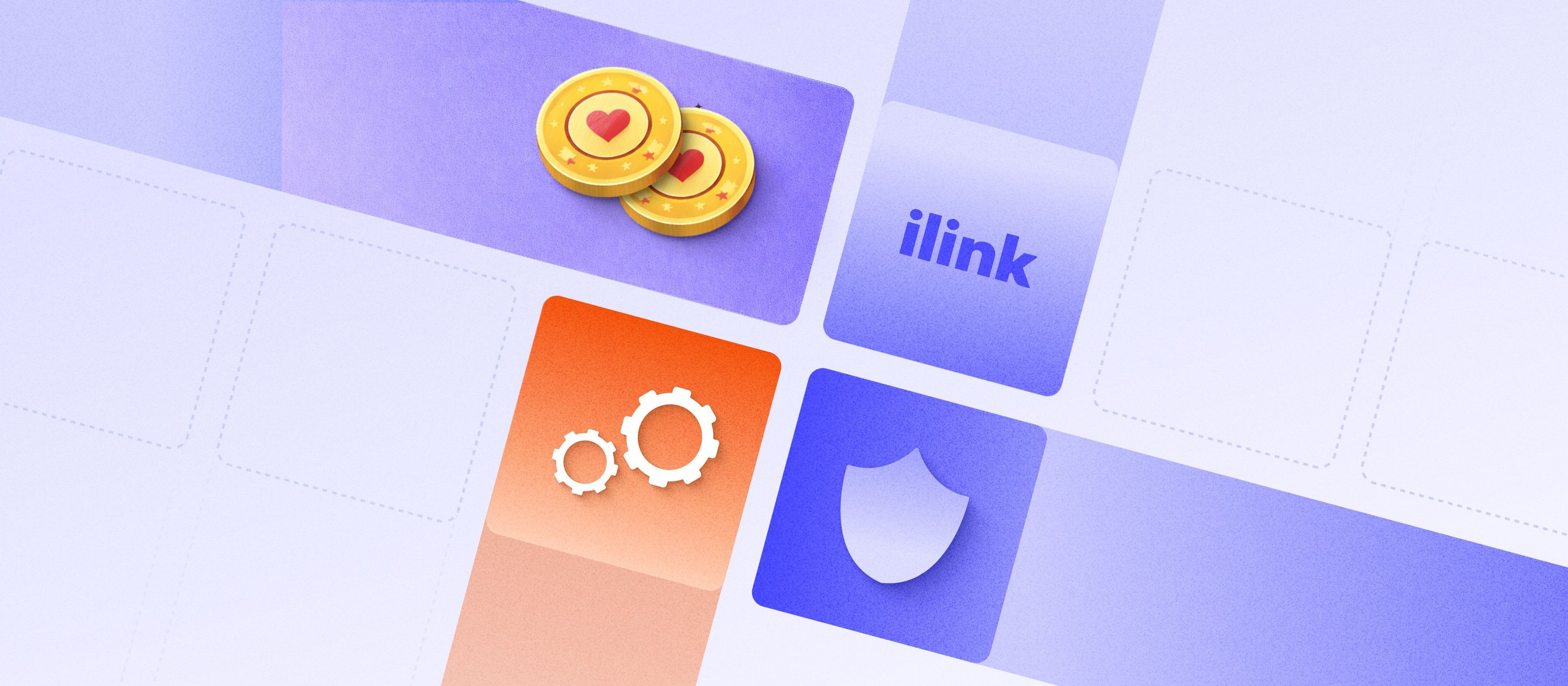Enterprise Application Development Trends
These App Development Trends Are Driven by the Need for Increased Efficiency
Application development, also known as software development, refers to the process of creating computer programs or applications that serve specific functions or provide solutions to various tasks or problems. It involves designing, coding, testing, and deploying software applications for use on different platforms, such as desktop computers, mobile devices, and the web.
Development can vary in complexity and scope, ranging from simple mobile apps to complex enterprise-level software systems. It requires proficiency in programming languages, knowledge of development frameworks and tools, understanding of user requirements, and adherence to software development best practices and methodologies.
Enterprise application development trends refer to the emerging technologies, methodologies, and practices that are shaping the development of software applications for large-scale enterprises. These trends are driven by the need for increased efficiency, scalability, security, and agility in enterprise software solutions. Here are some notable enterprise application development trends 2024:
- Cloud-Native Development. Provides scalability, elasticity, and resilience, allowing enterprises to quickly adapt to changing business needs.
- Low-Code/No-Code Development. Platforms that provide visual interfaces, drag-and-drop components, and pre-built functionalities, allowing citizen developers to build applications more rapidly.
- Artificial Intelligence and Machine Learning. AI and ML technologies are being integrated into enterprise applications to provide advanced analytics, predictive capabilities, automation, and intelligent decision-making.
- Internet of Things. IoT integration allows enterprises to collect, analyze, and act upon data from connected devices, enabling real-time monitoring, automation, and process optimization across various industries.
- Microservices Architecture. Provides modular development, scalability, and flexibility, as well as the ability to update and maintain different parts of the application separately.
- Blockchain Technology. Enterprises are exploring blockchain for secure and transparent transactions, supply chain management, smart contracts, and data integrity in various industries such as finance, healthcare, and logistics.
- Serverless Computing. Automatic scaling, cost optimization, and reduced operational overhead.
- Data Analytics and Business Intelligence. Enterprises are increasingly leveraging data analytics and business intelligence tools to extract insights from vast amounts of data. Integration of analytics capabilities into enterprise applications enables data-driven decision-making, trend analysis, and performance monitoring.
Latest Technology for Web Application Development

- Progressive Web Apps. PWAs offer a seamless user experience by combining the best features of web and mobile applications. They can be accessed through a browser and can work offline, send push notifications, and have access to device hardware.
- Single-Page Applications. SPAs provide a smooth user experience by dynamically updating the content on a single page, eliminating the need for multiple page reloads. They are often built using frameworks like React or Angular.
- Serverless Architecture. Serverless computing allows developers to build and run applications without managing the underlying infrastructure. Platforms like AWS Lambda and Azure Functions enable developers to focus on writing code rather than managing servers.
- Microservices. Microservices architecture involves breaking down large applications into smaller, independent services that can be developed, deployed, and scaled independently. This approach improves scalability, flexibility, and allows for faster development cycles.
- Artificial Intelligence and Machine Learning. Integrating AI and ML capabilities into web applications enables advanced features like natural language processing, image recognition, predictive analytics, and personalization.
ilink company provides services for the development of fast, scalable, cross-platform applications based on the latest technologies.
Latest Mobile App Development Trends
- Cross-Platform Development. Cross-platform frameworks like React Native, Flutter, and Xamarin enable developers to build mobile apps that can run on both iOS and Android platforms with a single codebase, reducing development time and effort.
- Internet of Things Integration. Mobile apps are increasingly being developed to interact with IoT devices, enabling users to control and monitor connected devices from their smartphones.
- Augmented Reality and Virtual Reality. AR and VR technologies are being leveraged in mobile app development to enhance user experiences, particularly in gaming, e-commerce, and education.
- 5G Technology. The advent of 5G networks brings faster download speeds and reduced latency, opening up new possibilities for mobile app development, such as real-time streaming, immersive experiences, and enhanced connectivity.
- Mobile Wallets and Payment Integration. Mobile apps are incorporating secure payment gateways, digital wallets, and mobile payment options to facilitate seamless and convenient transactions.
- Wearable App Development. With the increasing popularity of smartwatches, fitness trackers, and other wearables, there is a growing demand for mobile apps that integrate and interact with these devices to provide personalized experiences and health monitoring.
Best Rapid Application Development (RAD) Tools
-
OutSystems. OutSystems is a low-code development platform that allows developers to build enterprise-grade web and mobile applications with speed and efficiency. It offers visual modeling, pre-built UI components, and seamless integration capabilities.
-
Mendix. Mendix is a low-code platform that enables rapid application development through visual modeling, reusable components, and one-click deployment. It supports collaboration among development teams and offers integration with various systems.
-
Microsoft Power Apps. Power Apps is a low-code platform that empowers users to build custom web and mobile applications with minimal coding. It provides a wide range of templates, connectors, and data integration options.
-
Appian. Appian is a low-code development platform that allows organizations to build enterprise applications rapidly. It offers drag-and-drop interface design, process automation, and integrations with various systems and databases.
These trends are continuously evolving as technology advances, and enterprises need to stay updated to leverage the latest advancements in enterprise application development for their competitive advantage.
Comments (0)
Latest Posts
Learn how AURI, the automated AI call center, transforms business communication. Natural dialogue, CRM integration, omnichannel support, rapid deployment, and enterprise-grade security in one intelligent solution.
Learn how to build an online casino that scales: games, payment options, compliance basics, risk controls, and operational automation for growth.
Do You Have any Questions?
Leave your details - we will contact you to answer all your questions




